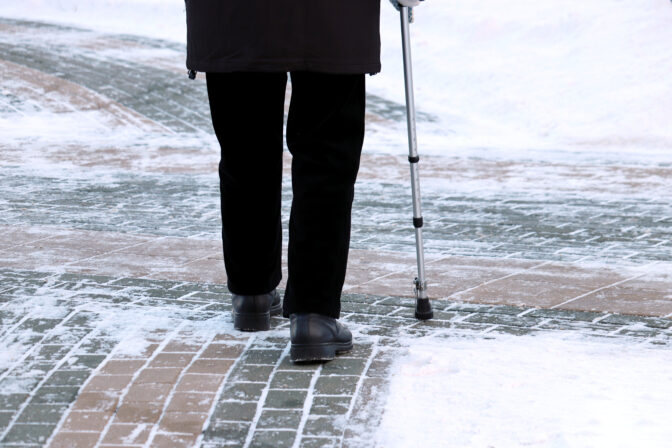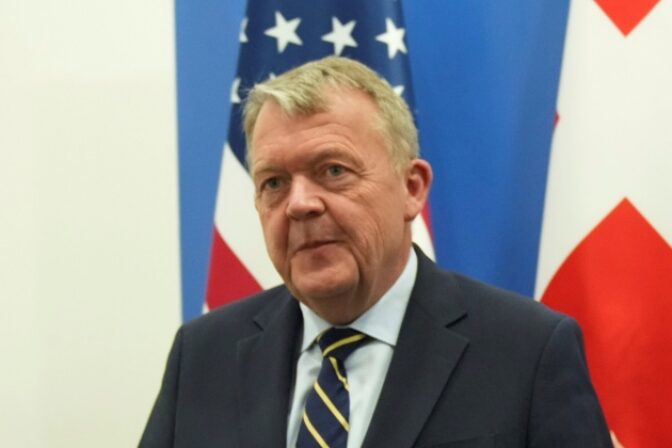BRATISLAVA, November 24, (WEBNOVINY) — Ruling coalition party MOST-HID Chairman Bela Bugar sent a letter to Constitutional Court President Ivetta Macejkova, asking her to make the decision on potential conflict of some of the Law on Citizenship provisions with the constitution as soon as possible. “It is a sensitive and serious issue. Citizens of Slovak Republic lose their citizenship and I fear such cases could become an issue in the election campaign. I don’t think that unnecessary escalation of emotions regarding this issue will help Slovakia. I therefore decided to approach the Constitutional Court president and have asked her to make the ruling on the law’s conflict with the Constitution as soon as possible,” informed Bugar.
MOST-HID filed a motion at the Constitutional Court requesting its review of constitutionality of the Citizenship Law at the end of September. At that time, the party’s MP Gabor Gal, representing the motion’s submitters in the proceedings at the court, informed that they think the law might collide with Slovak constitution and with international treaties. Several MPs of former right-wing coalition supported the motion. Constitutional Court Spokeswoman Anna Pancurova informed that judge-rapporteur currently elaborates materials on the filing to be discussed by the court’s plenum. She did not comment on whether Court President Macejkova would accelerate the proceeding as she received no such request yet.
A cloud appeared in Slovak-Hungarian relations after media recently informed that Slovak authorities revoked Slovak citizenship of ethnic Hungarian businessman Oliver Boldoghy; it was done on the basis of the law on citizenship, according to which Slovak citizens who, based on their free will, acquire another citizenship lose the Slovak one. However, Budapest considers revoking Boldoghy’s Slovak citizenship unacceptable and is ready to help him in any way possible. Hungarian MFA even summoned Slovak Ambassador Peter Weiss regarding the issue. “The principle that a person’s citizenship ceases to exist by voluntarily acquiring another citizenship [of a different country] does not collide with European norms and values; on the contrary, it is assumed in the European Convention on Citizenship and is also included in relevant legislation of several EU countries,” stated the MFA, adding that Slovakia is from the beginning exercising efforts to deal with dual citizenship through bilateral dialogue with Hungary.
SITA












